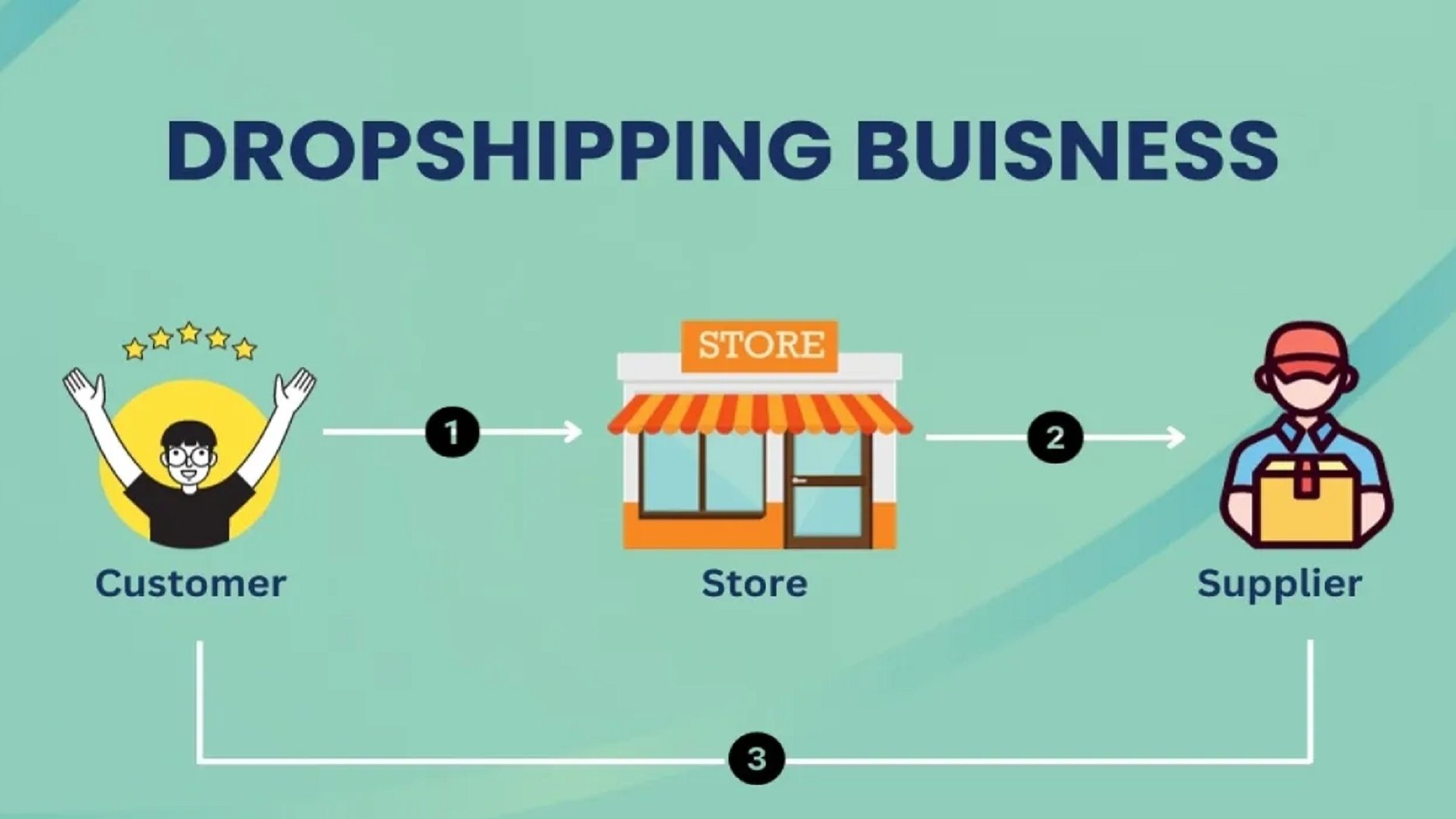Drop-shipping Pricing
Advanced
$99
- 15000 Limit Products
- A $99 Dropshipping monthly subscription plan is an agreement where you pay a recurring fee each month for access to dropshipping products, dropshipping resellers will get access to our unlimited stock to import 15000 products, 300 products daily.
Standard
$49
- 5000 Limit Products
- A $49 Dropshipping monthly subscription plan is an agreement where you pay a recurring fee each month for access to dropshipping products, dropshipping resellers will get access to our unlimited stock to import 5000 products, 200 products daily.
Basic
$29
- 2000 Limit Products
- A $29 Dropshipping monthly subscription plan is an agreement where you pay a recurring fee each month for access to dropshipping products, dropshipping resellers will get access to our unlimited stock to import 2000 products, 100 products daily.
Drop shipping
Drop shipping is a form of retail business wherein the seller accepts customer orders without keeping stock on hand. Instead, in a form of supply chain management, the seller transfers the orders and their shipment details to either the manufacturer, a wholesaler, another retailer, or a fulfillment house, which then ships the goods directly to the customer. As such, the retailer is responsible for marketing and selling a product but has little or no control over product quality, storage, inventory management, or shipping. By doing this, it eliminates the costs of maintaining a warehouse or even a brick-and-mortar storefront, purchasing and storing inventory, and employing necessary staff for such functions. As in any other form of retail, the seller makes their profit on the difference between an item's wholesale and retail price, less any pertinent selling, merchant, or shipping fees accruing to them.
Procedure
A drop shipping business model does not require a brick-and-mortar store. It may be eliminated or combined with a drop-shipped order fulfillment business model. A physical retailer may keep potential drop-shipped items on display, provide details on mail-order items via a catalog, or maintain a website with information available only online. A virtual retailer only has a website.
Drop shipping retailers are not required to disclose the practice, nor, as with any other retailer, the wholesale source of the products they offer. This can be achieved by "blind shipping" (shipping merchandise without a return address corresponding to the seller), "private label shipping" (having merchandise shipped from the wholesaler with a return address customized to the retailer), or utilizing a fulfillment house. The ultimate order fulfiller might also include a customized packing slip, including details such as the retailer's company name, logo, and contact information.
In unusual circumstances drop shipping can occur when a small retailer (that typically sells in small quantities to the general public) receives a single large order for a product. The retailer may arrange for the goods to be shipped directly to the customer from the manufacturer or distributor.
Products may be listed by a drop shipping retailer as available but be back-ordered either with the wholesaler or the item's manufacturer. Such potential delays in order fulfillment are not always known, or even when knowingly disclosed by a seller. They also can be extended, beyond the control of the seller. Likewise, order fulfillment and shipping delays are beyond the seller's control, yet can reflect badly on the purchaser's ultimate satisfaction with their transaction. This puts a premium on timely and accurate information provision by the seller on both sides of the purchase, both before and after it is made.

